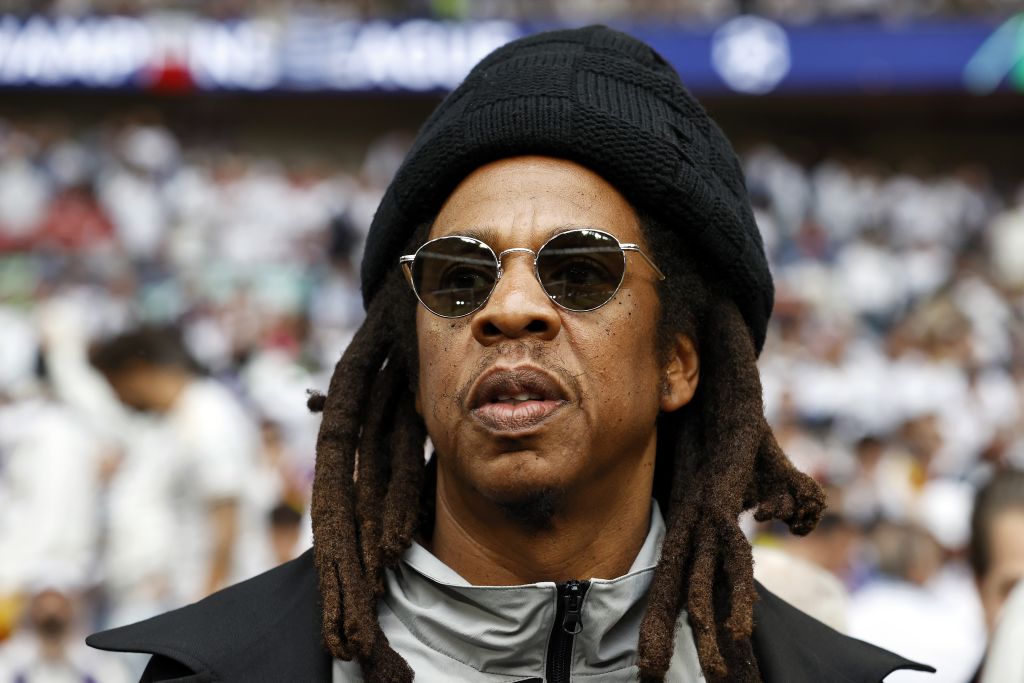Entertainment
Jay-Z and Team Roc Sue Kansas City for Withholding Police Misconduct Records

In a bold move reflecting his unwavering commitment to social justice, Jay-Z, through his social justice initiative Team Roc, has taken legal action against the Kansas City Police Department and Wyandotte County’s Unified Government. The lawsuit centers on allegations of the city’s failure to comply with public records laws, specifically regarding the production of law enforcement records tied to longstanding claims of police misconduct.
Earlier this week, Team Roc filed the lawsuit in Wyandotte County District Court, alleging that officials have ignored requests for documents related to police allegations made over the decades. According to insiders, the records request was submitted in November 2023, and nearly a year later, officials have yet to provide the necessary documentation.
The lawsuit emphasizes the troubling history of the Kansas City, Kansas Police Department (KCKPD), noting that minority and immigrant communities have suffered from a pattern of abuse. The plaintiffs accuse the KCKPD of not only failing to foster transparency but also of actively covering up misconduct and corruption among its officers.
Despite agreeing to pay $2,200 in fees associated with their records request, Team Roc and its partners at the Midwest Innocence Project have reportedly only received a meager 225 documents, which mainly include basic personnel records and minimal training materials. Alarmingly, not a single document concerning claims of police misconduct has been produced, raising significant concerns about accountability and transparency.
The KCKPD has faced heightened scrutiny in recent years due to allegations of corruption, including civil rights violations. Activists are calling for a comprehensive federal investigation, particularly in light of the serious allegations against former officer Roger Golubski, who was charged with federal civil rights crimes in 2022.
Dania Diaz, managing director of Team Roc, stated that her team has made numerous requests for critical personnel documents but has only received a fraction of what they sought, and even those were delayed beyond legal timeframes. She emphasized the need for accountability, stating that the conduct of law enforcement must uphold public trust.
The plaintiffs argue that the law provides public access to records but encounter barriers when seeking information about police misconduct. They assert that the government has broadly denied their requests without proper justification, failing to distinguish between different types of records and overlooking the possibility of redacting sensitive information for public release.
The lawsuit culminates in a request for judicial intervention, demanding that the court orders the swift release of all requested records within 30 days. This situation underscores a troubling aspect of the justice system where accountability seems obstructed, leaving advocates for transparency and justice pushing back against a system that often shields its own.
